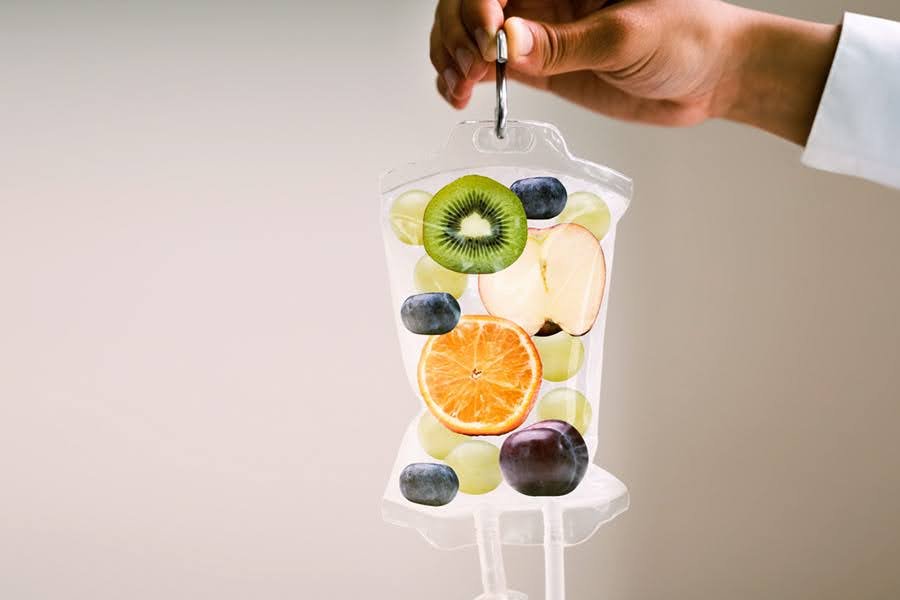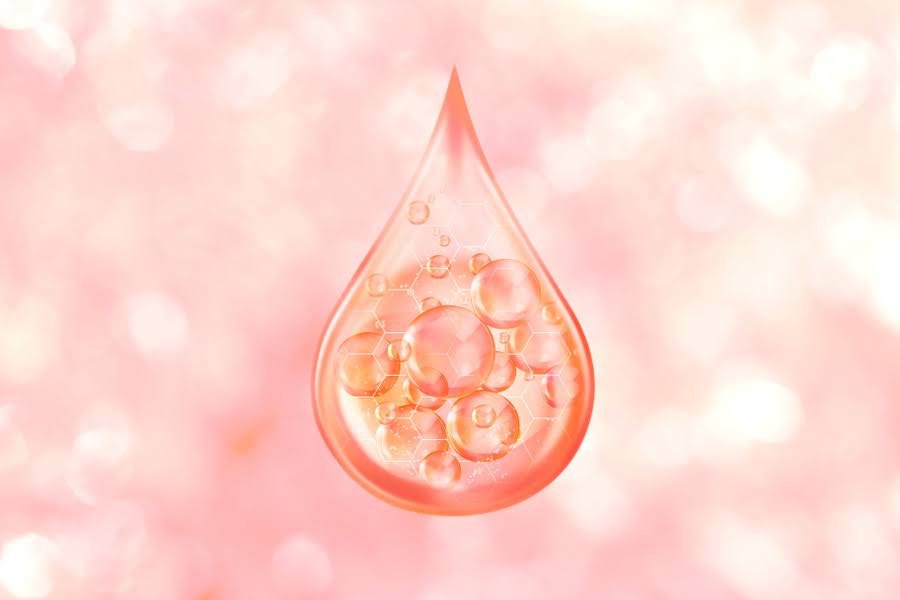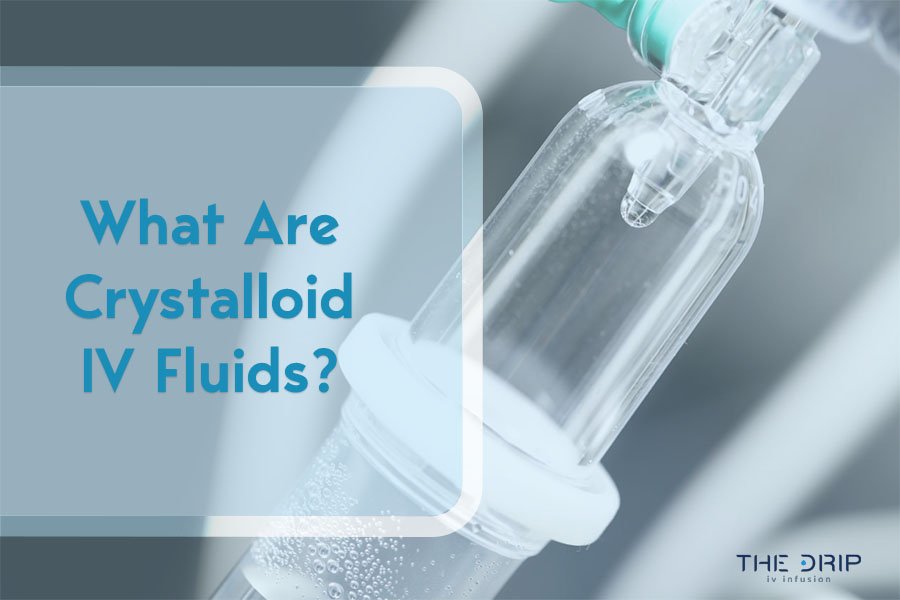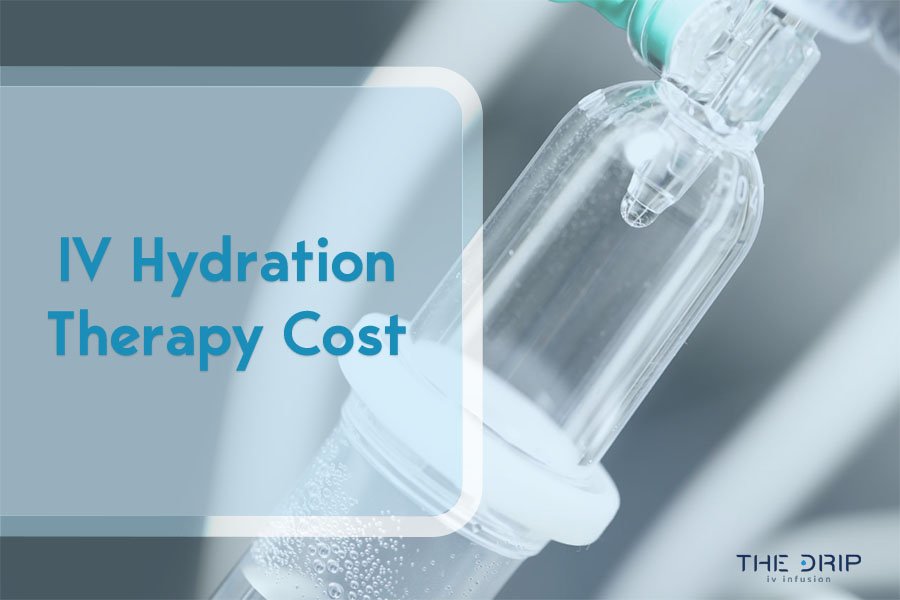Nutrients are vital for the normal functioning of metabolic processes, homeostasis in the body, and overall health. Sometimes, with infections, injuries, stress, or physical activity, our body becomes exhausted, and these nutrients are lost. In order to recover, many people opt for IV nutrition therapy. But what is IV nutrition therapy, and how does it work?
If you are looking for a way to replenish lost nutrients and eliminate toxins in your body, you have come to the right place. Read on to learn about the benefits of IV nutrition therapy and find out if this treatment is ideal for you.

Source: shutterstock.com / Photo Contributor: Andrey_Popov
What Is IV Nutrition Therapy?
So, what is IV nutrition therapy? In essence, IV nutrition therapy is an intravenous treatment that supplies the body with the necessary vitamins, minerals, and amino acids.
Through this treatment, nutrients are delivered directly into the bloodstream, thus bypassing the digestive tract. Intravenous therapy is an effective way to get the necessary nutrients that your body can hardly absorb.
If you are an ideal candidate for this treatment, you will receive a mixture of nutrients that will suit your health condition. Nutrient IV therapy, Queen Creek is a fantastic way to amp up your health and wellness, delivering all the necessary vitamins and minerals your body needs.
Components of IV Nutritional Therapy
In general, IV therapy is prepared according to the needs of the patients and their health conditions. Namely, a cocktail of vitamins, minerals, and other nutrients is made for a specific health condition. Although there are several types of IV nutritional therapies, the common components of this therapy are:
Amino acids
Amino acids are the building blocks of proteins in the body. Therefore, they play a role in the body’s immune function, muscle development, and tissue healing. Due to these properties, amino acids in IV therapy participate in tissue and muscle recovery and may support general health.
Vitamin C
Vitamin C, or ascorbic acid, is a common component in IV therapy. As such, it plays a role in protecting cells from damage. In addition, this vitamin is known for its role in collagen production. Conversely, collagen is known for its support in wound healing and reduction of stretch marks. Furthermore, vitamin C may help boost immune function and help reduce inflammation in the body.
B complex vitamins
B complex vitamins are nutrients that can play an important role in the body. Essentially, the B complex consists of B1 (thiamine), B2 (riboflavin), B3 (niacin), B5 (pantothenic acid), B6 (pyridoxine), B7 (biotin), B9 (folic acid), and B12 (cobalamin). Vitamin B complex may be important in cell development, metabolism, and increasing energy levels.
Glutathione
Glutathione is a major antioxidant composed of three types of amino acids: cysteine, glutamate, and glycine. This component plays a major role in detoxification, so it may help remove toxins from the body.
In addition, glutathione fights free radicals that can damage cells. It may help patients with chronic pain by reducing inflammation and relieving pain.

Source: shutterstock.com / Photo Contributor: Thongden Studio
Benefits of IV Nutrition Therapy
Although this type of therapy offers numerous benefits, many patients opt for IV therapy because of:
Hydration – Dehydration can lead to loss of energy and loss of essential nutrients. The composition of IV nutritional therapy rehydrates the body and allows it to restore the necessary nutrients.
Muscle recovery – Many athletes and people with physical exertion opt for IV nutritional therapy. Vitamin components such as B complex may help in faster muscle recovery and improve their activity.
Boosts energy – The perfect combination of vitamins, minerals, and other nutrients may help boost energy and mood. The results might be felt quickly if such components are introduced directly through the bloodstream.
Skin health – The ingredients in IV fluid may help hydrate the skin and remove harmful radicals. As a result, it may help fight aging and the appearance of wrinkles. Besides, vitamins B7 and B12 may improve the health of nails and hair.
TPN vs. IVNT
Although TPN and IVNT involve delivering nutrients directly into the bloodstream, there is a difference between these two types of therapy. Their difference lies in the IV fluids’ content and the treatment’s purpose.
Total parenteral nutrition, or TPN, is comprehensive nutrition such as electrolytes, macronutrients, and other nutrients to replace food. On the other hand, IV nutrition therapy serves to supply the body with certain nutrients, but not fats, proteins, and carbohydrates, represented in total parenteral nutrition. Simply put, IV nutrition therapy is not a replacement for nutrition, as is the case with TPN.
In addition, TPN is intended for patients who cannot receive the necessary nutrients orally due to surgery or another medical condition.
Who Is the Ideal Candidate for IV Nutritional Therapy?
Although this therapy is generally safe, anyone can benefit from IV nutritional therapy. However, there is a group of people where this type of therapy may help improve their health. This group includes:
People who are recovering from an illness
Individuals who have problems such as anxiety and depression
People who have reduced energy levels and feel exhausted
Athletes or persons engaged in physical work

Source: shutterstock.com / Photo Contributor: Andrey_Popov
Conclusion
Hopefully, this article made it clear what is IV nutrition and its benefits. IV nutrition therapy is an effective way to get the necessary nutrients through the bloodstream and thus feel the benefits faster. This therapy is a mix of several vitamins, minerals, and nutrients that may help your body restore lost energy, rehydrate, and fight against harmful toxins.
Although IV nutrition therapy is generally safe, it is a good idea to consult with the nurse about possible side effects or whether you are an ideal candidate for this type of therapy.
Furthermore, keep in mind that this therapy is not intended to replace regular therapy. If you take regular therapy and want to include IV nutrition therapy additionally, consultation with the nurse is a must.



